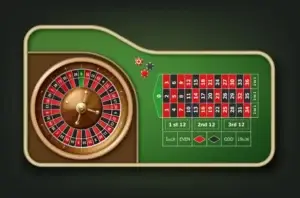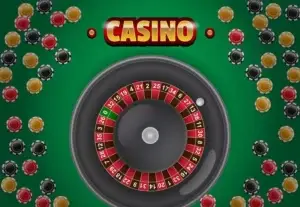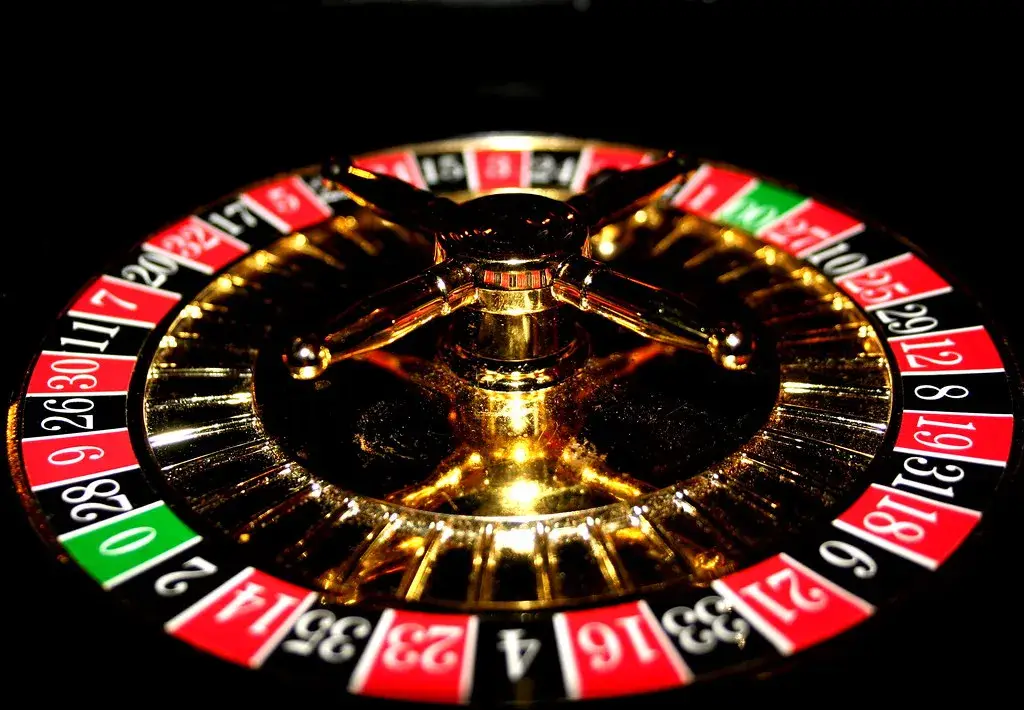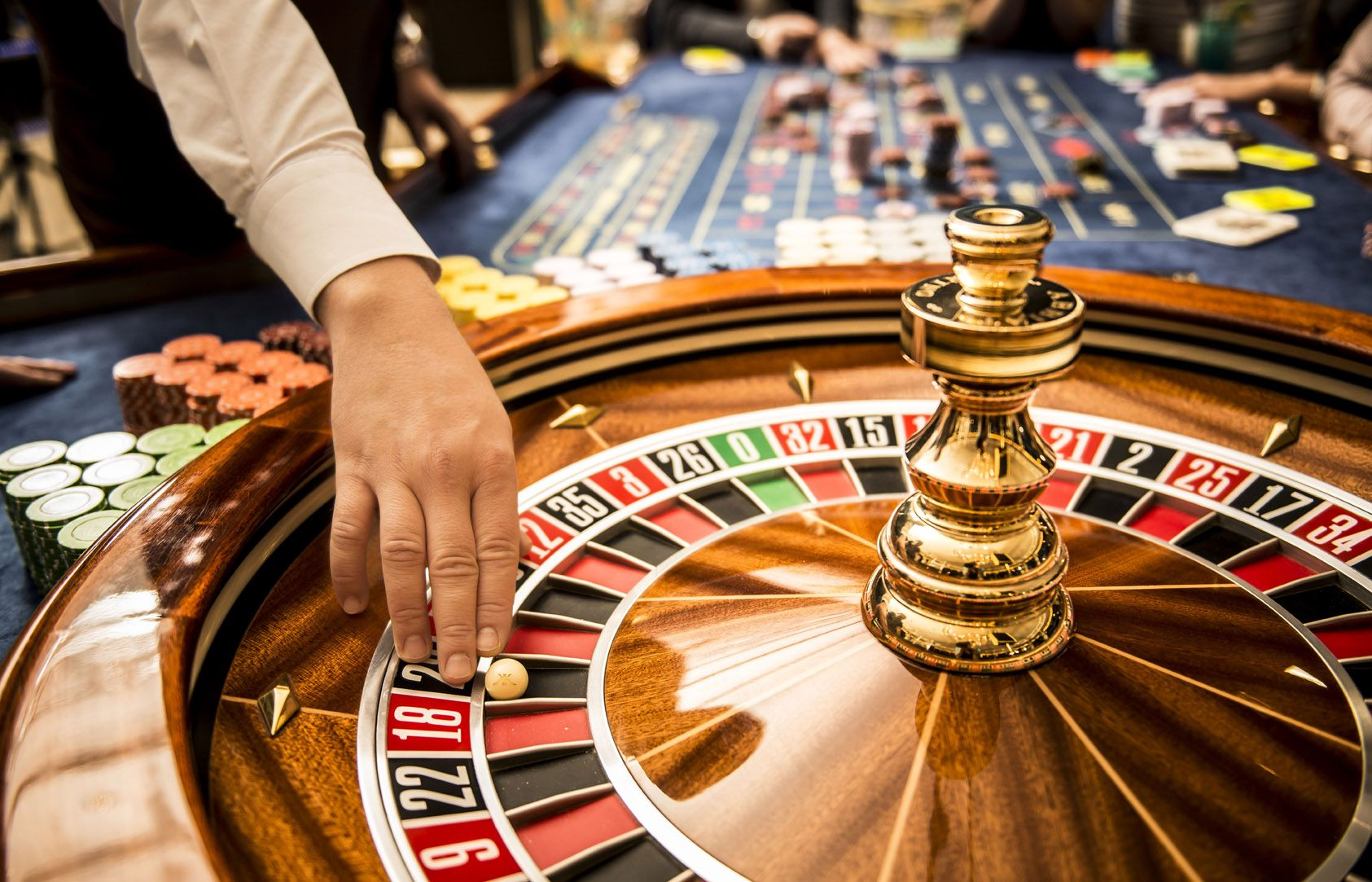Most players, when faced with roulette, don’t realise how many nuances lie behind this seemingly simple wheel of fortune. To give users a chance to get ahead, we’ve gathered here roulette tips from a former croupier. He shares what he sees every day on the job – the same mistakes inexperienced players make.
Player psychology: how the dealer sees your weaknesses
Every move a player makes, every bet he makes, is first and foremost the result of an emotional choice. When a person is at the table, emotions become his main allies or enemies. The psychology of roulette is based on the fact that people tend to overestimate their luck and underestimate the odds. Casino professionals know how to manipulate these emotions, pushing the player to make rash bets. Confidence turns to excitement, and excitement turns to loss of control. This is how players lose more than they intended.

Signs by which the croupier recognises a player’s weaknesses:
- Frequent changes of bets: If the player changes decisions abruptly – increasing and decreasing them – the croupier sees that the person loses control of the situation.
- Repeated large bets: When a player starts to make large bets after failures, it is a sign of an attempt to win back – a classic signal of loss of self-control.
- Hand tremors or nervous movements: Physical manifestations such as trembling hands or nervous tapping on the table indicate high levels of stress and emotional instability.
- Overconfidence after winning: Those who start taking more risky moves after winning often appear overconfident – the dealer sees this as a chance for them to lose.
- Constant glances at tablemates: Players who look at others in an attempt to imitate their strategies are often unsure of their own decisions.
Self-control: the main secret to success
An experienced gambler always has a cold calculation – he plans his limit of losses in advance and knows exactly when to stop to avoid big losses. This can be calculated using a simple formula: determine the amount you are willing to lose and stop as soon as it is reached. Tips for playing roulette include learning the art of controlling your emotions and keeping your cool, as well as planning your bets and loss limit in advance.
Roulette maths: strategies that really work
 Roulette is a numbers game, and to play effectively, you need to understand the mathematical basis. Many people don’t think about the odds of a particular number or combination falling out. However, knowing the odds can be a real advantage.
Roulette is a numbers game, and to play effectively, you need to understand the mathematical basis. Many people don’t think about the odds of a particular number or combination falling out. However, knowing the odds can be a real advantage.
For example, the probability of one particular number falling out is 1 in 37 in European roulette. This means that the odds are low, and betting on individual numbers can be strategically disadvantageous. However, betting on colour or parity gives you almost a 50% chance of success, minus the casino advantage. Applying a roulette strategy can significantly improve your results. Remember: it’s not about luck, it’s about maths and reasonable risk.
The best roulette bets: what an experienced croupier picks
Experts have seen thousands of participants and know which decisions provide the best perspective. Betting on red/black, even/odd or dozens is exactly what the pros recommend. Why? Because such decisions provide the highest probability of winning and allow you to control your bankroll.
Betting on red/black or even/odd odds provides a 48.6 per cent probability of winning in European roulette, while betting on a dozen has a win probability of around 32.4 per cent. Counting on even odds is especially important for those who want to stay afloat longer and minimise risk.
Secrets from a former croupier: what you didn’t know about roulette
Many people think a croupier is just a person who spins the wheel and hands out chips, but their job is actually much more complicated than that. The croupier watches the players’ emotions, their behaviour and even how they place their bets. Therein lies the secrets: the croupiers know when a participant is out of balance and can encourage them to take more risks. Here are some interesting facts:
- Delayed Spinning of the Wheel: Sometimes the croupier deliberately delays the spinning of the wheel to give the player more time to doubt. This slight confusion may cause the player to change the bet in the direction of more risk.
- Attention Switch: The croupier may start asking questions or making comments to distract the player. This is used when a player, in the croupier’s opinion, is about to make a bet that is too safe. As a result, the player loses concentration and may make a less considered bet.
- Gesture Manipulation: Observing a player’s body movements allows the dealer to determine the player’s state of mind. For example, frequent tapping on the table or crossing the arms may indicate that a player is nervous and unsure of his decision.
- Smiling or approval: The croupier may smile or show approval when a player makes a large bet. This creates a false sense of entitlement and encourages the player to take further risks.
- Rhythm control: The croupier can speed up or slow down the rhythm of the game depending on the mood of the players. When players start winning, the rhythm slows down so that they have more time to hesitate and make bad decisions.
What beginners won’t tell you: secrets of roulette professionals
Professionals know things that are not always obvious to beginners. Thus, it is important to pay attention to “hot” and “cold” numbers – those that fell out more often or less often over a certain period of time. Of course, roulette has no memory, but participants often use this information to form their strategy. For example, if a certain number hasn’t come up for a long time, some people start betting on it, believing that the chances of it appearing increase. This is a mistake, but can work on a psychological level, increasing the feeling of control.
Roulette secrets from the pros also include knowing how to manage your bankroll. Experienced players always set clear limits on winning and losing: for example, if they win 20% of their initial bankroll, they stop the process and take the money. The same goes for losses – setting a limit of 10-15% of the pot helps to avoid losing money altogether. Professionals also often use the “50-30-20” rule, where 50% goes to safe bets (colour), 30% to risky bets (numbers), and 20% is left for experimentation.
Masters understand when to stop. One of the key factors of a successful game is the ability to leave the table in time, especially after a series of successful bets. Many people make the mistake of continuing to play after a big win and end up losing everything. This knowledge allows you to stay in the game longer, minimise risks and not make fatal mistakes that can cost the entire bankroll.
Roulette rules for beginners: what to pay attention to
To a beginner it may seem that roulette is just a wheel. But it is worth remembering that every action at the table is subject to strict rules. For example, before you place a bet, you need to know what types of bets exist and what the chances of success are for each of them.

The rules include understanding the differences between betting on numbers, colours and sectors. It is important for a beginner to learn the basic principles carefully and not to rush into placing large bets. It is best to start with minimal amounts and gradually gain experience to understand how the wheel works. These roulette tips will help you avoid common mistakes and start with the right approach.
Roulette tips: conclusion
 Those who understand that success does not come without effort can significantly increase their chances of winning. The roulette tips presented here will help you take your roulette game to the next level by avoiding common mistakes and making decisions with a cool head. Use this knowledge to make your bets more informed and increase your chances of success.
Those who understand that success does not come without effort can significantly increase their chances of winning. The roulette tips presented here will help you take your roulette game to the next level by avoiding common mistakes and making decisions with a cool head. Use this knowledge to make your bets more informed and increase your chances of success.
 en
en  de
de  ar
ar  es
es  nl
nl  hi
hi  fr
fr  it
it  pt
pt  el
el 










